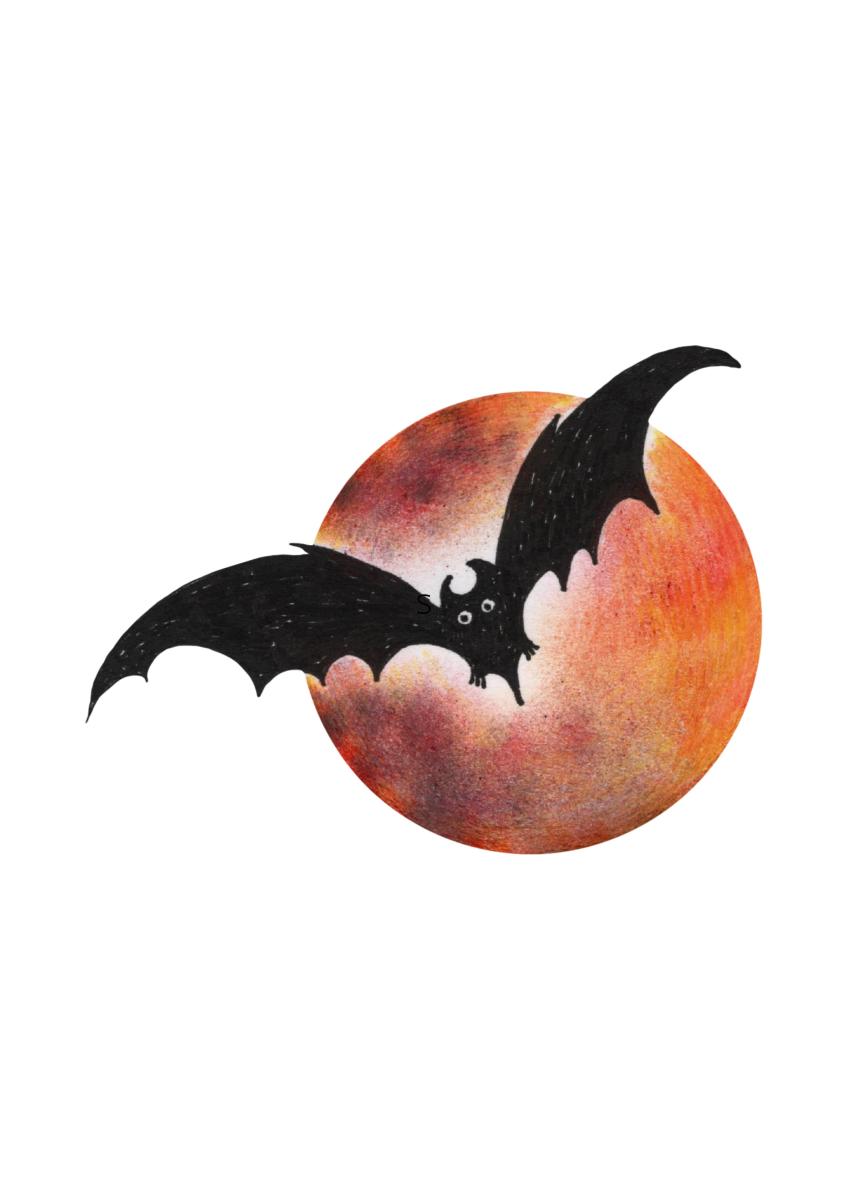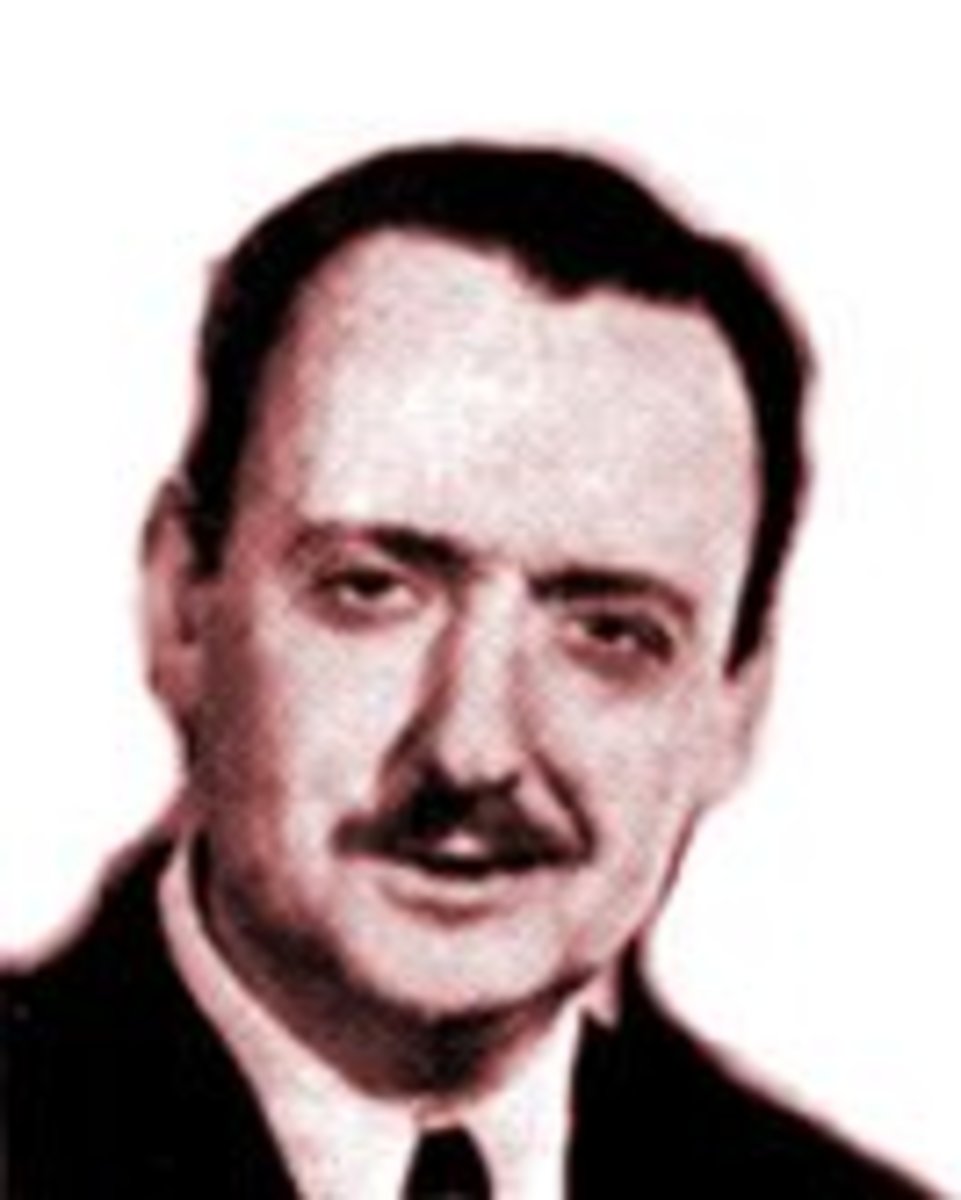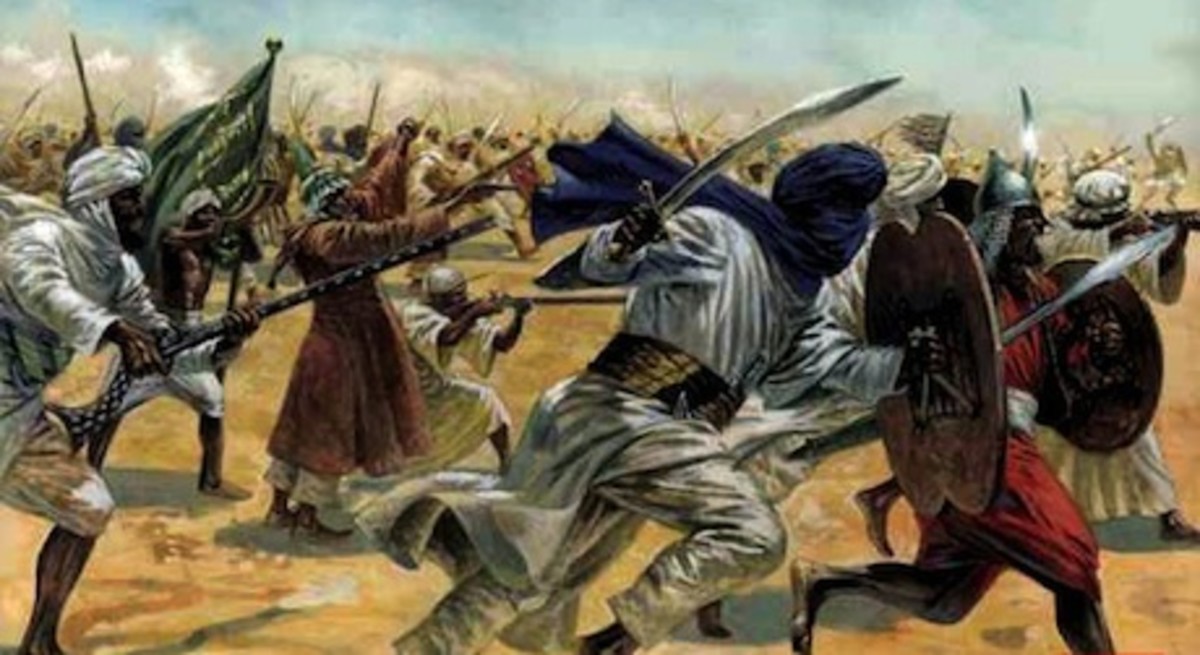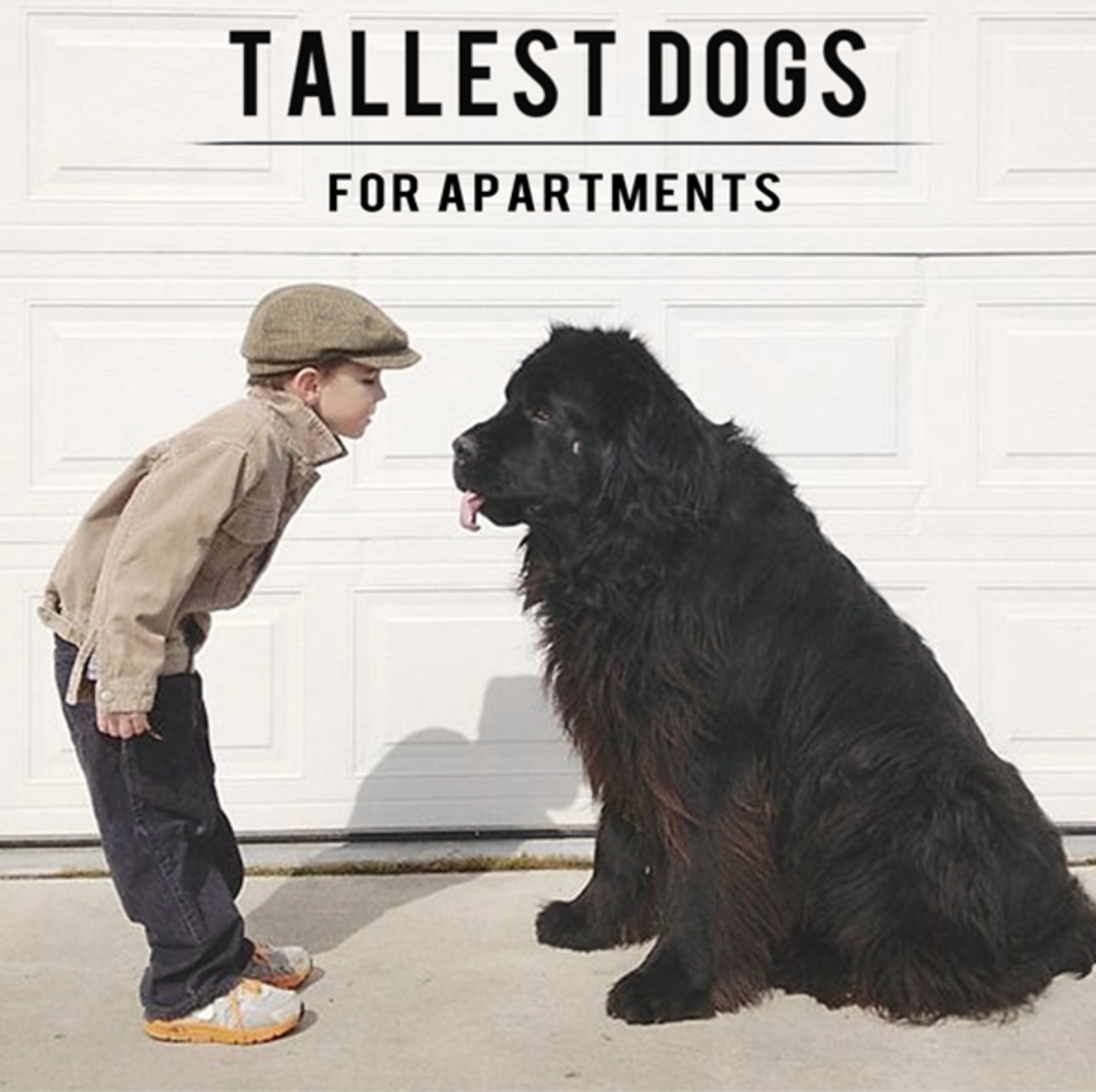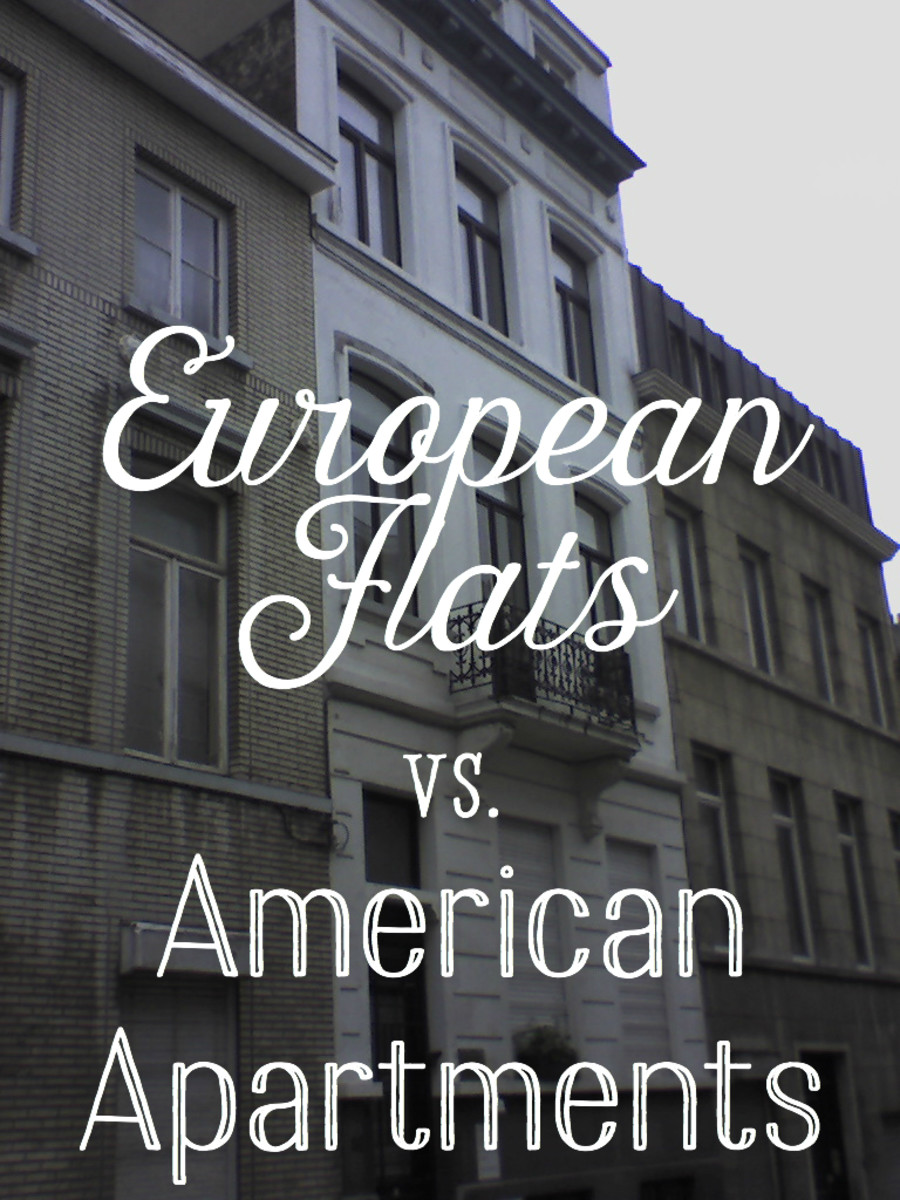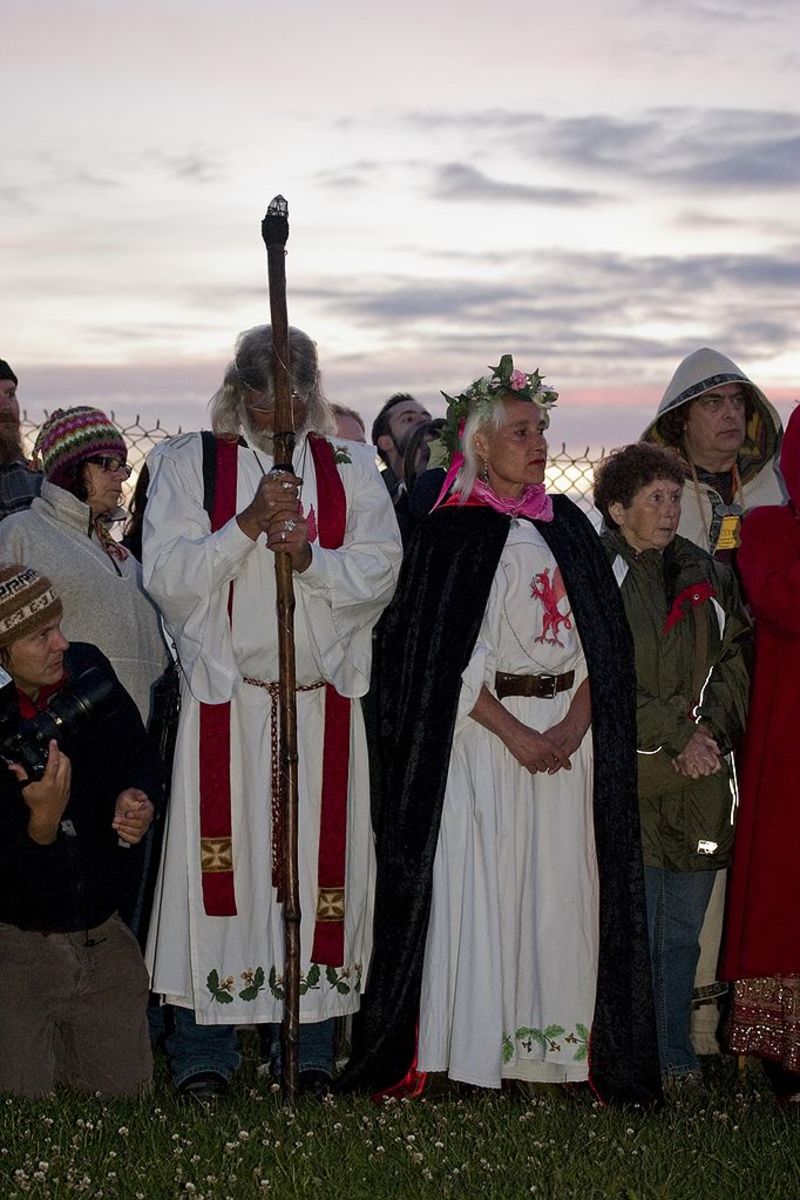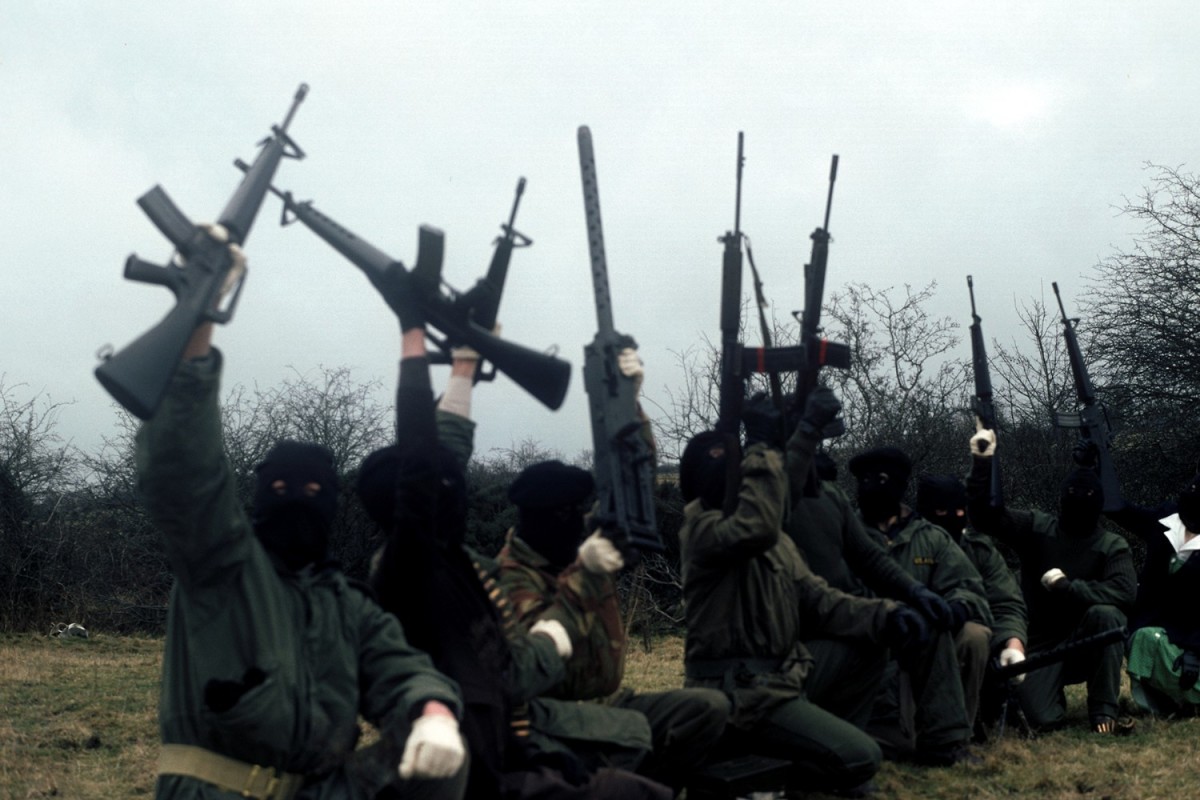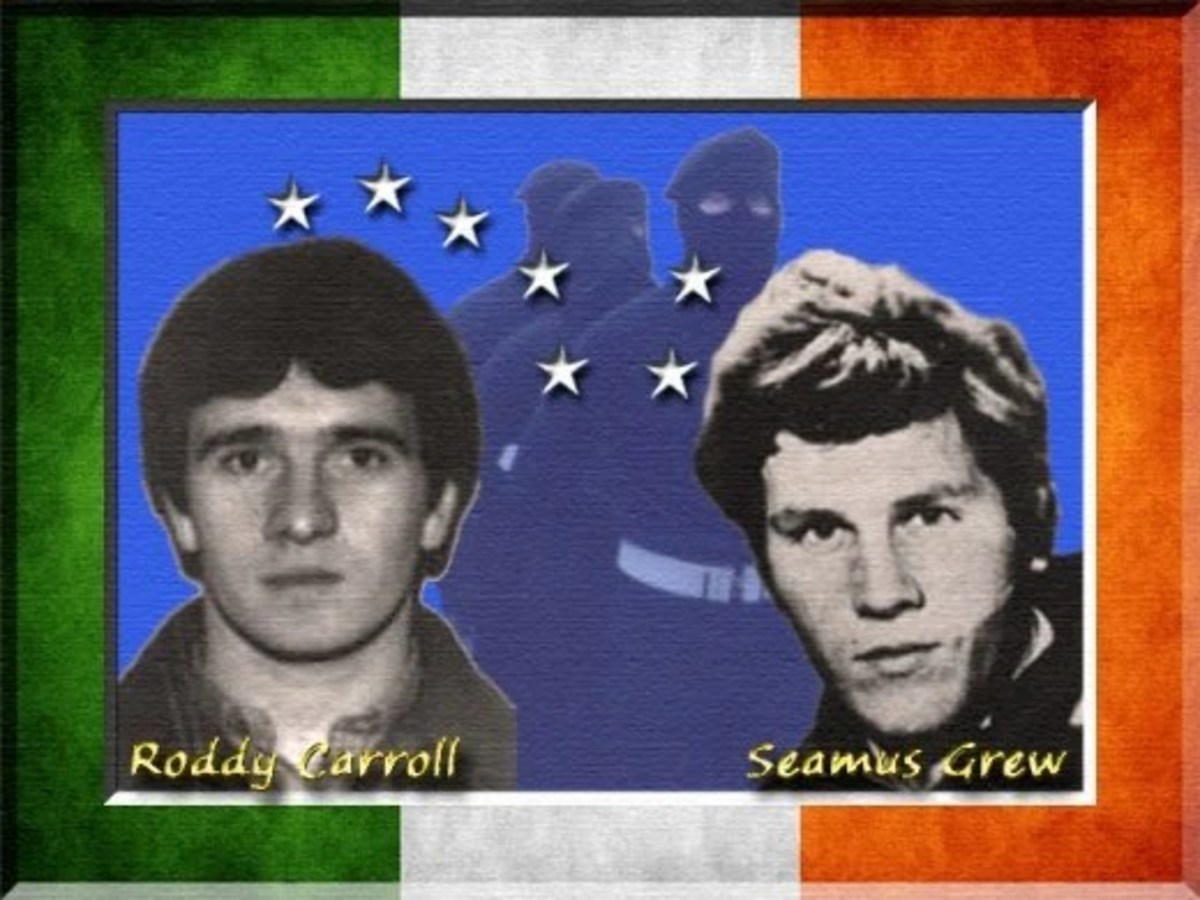Those Who Die Unnoticed in the Time of Pandemics.
Laila from 'Eichenau'
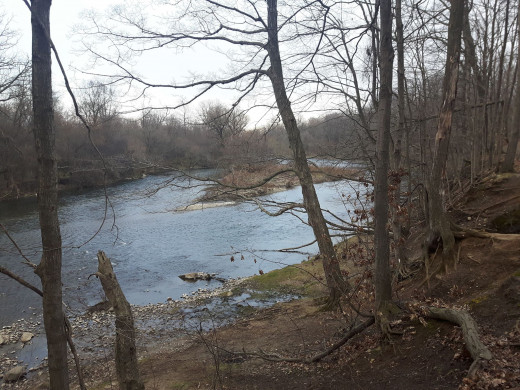
My sisters had rented it for the weekend from a relative for the girls to have some fun.
It was a present from my family and I flew excitedly from Australia to see my family and enjoy it.
So after I arrived at my birth place early in May, with the flowers in full bloom at the start of spring with an unusually blue cloudless European sky, we packed the new Skoda that my family proudly showed me and we girls crossed the border into Hungary. Our abandoned husbands waved to us - left to care for our offspring and homes.
Crossing the border from Slovakia to Hungary and seeing the poverty and negligence in the few small villages that we passed on the way to Budapest, was truly unsettling. Somehow Hungary was not able to shake its communist past.
Once in the bustling historical metropolis, we all sighed with relief. It will be different here, the fun can start. It took some time to find the old apartment block among the grey and identical blocks of flats in one of many residential suburbs surrounding the capital.
A reminder of the negligent and sad communist past, the streets we walked through were dirty and full of broken furniture that had been thrown from the windows above.
One broken chair nearly hit us landing close to our feet on the verge of the path and the busy street.
The oak wood split into many pieces and passersby quickly picked it up for heating. It was still cold at night, and with so many homeless people around, nothing was wasted in this strange city. We even met a young man with an axe searching for big pieces of wood to break up.
“What is happening here?” One of my sisters who spoke Hungarian, asked an old lady as she was locking the outside gate to her apartment block behind her.
“Refugees. The police come to find them. If you are hiding them in your flat, you will pay a huge price. You can lose your rental home. We don’t want those terrorists here. They could murder us all in our sleep.” She crossed herself and shuffled to the corner shop.
I looked at my sisters, their faces blank: “We have seen warnings on TV about refugees trying to cross into Germany but the police fight them off at the border and don't let them in. We have not seen any back home.”
We finally opened the many locks on the gate leading to our apartment. And there, on one of the dark staircases leading to our level, I met Laila. I did not know her name back then. She was shivering, tiny in her oversized coat.
Her eyes were big and scared, sad and dark. Her two ponytails were tied with dirty ribbons that had seen better days.

They hid in a dark corner as we passed them, looking like they wished to disappear into that wall.
I rummaged in my pocket for my newly exchanged Hungarian coins and pressed some into the hands of the mother, who shuffled away from me in fear of my hitting her. I noticed a tear rolling down her cheek as my sisters pushed me up the stairs: “Don’t talk to them. They are terrorists. We should report them. The police are hunting them down all over the city.”
“Did you see them? Do they look like terrorists to you?” I looked at them in disbelief.
“They are dirty and they are Muslims. You can not trust them. They come to kill you in your sleep.” My sisters ushered me quickly into our apartment and locked the door.
Then they unpacked their big surprise: “The homemade cherry cake you love so much and lots of champagne to go with it."
The party was ready to begin but my mind was on the family huddling downstairs, in fear of being discovered at any minute.
After resting, my sisters re-applied their make up, refreshing their appearance for our night out in the city, while I checked out the apartment. It was spacious and decorated with mahagony wood, refurbished to look expensive. There were two spare bedrooms that we didn't use. One was locked, but I found the key hanging in the laundry. When I opened it, I realized it was used for storage by the cleaning lady.
I quietly opened the front door, then beckoned to the scared family to come in. They hesitantly shuffled up the stairs. I put my finger on my lips for them to be very quiet.
They moved to the corner of the spare room and I locked the door. I found the uneaten sandwiches packed for our trip and brought them to the room and also the rest of my birthday cake, abandoned among the empty bottles.
Once in the city with the girls, we visited restaurants and danced on the top of the hill where the historic buildings of the previous Ottoman empire stood. My mind, however, was on the family locked in the bedroom. I had left them a basin to wash in and a bucket for a toilet but still, should I have left the door open for them? What if they stole something from my sisters? Then I felt ashamed of that thought.
Even in the middle of the city, many streets were blocked with broken furniture thrown out of the windows.
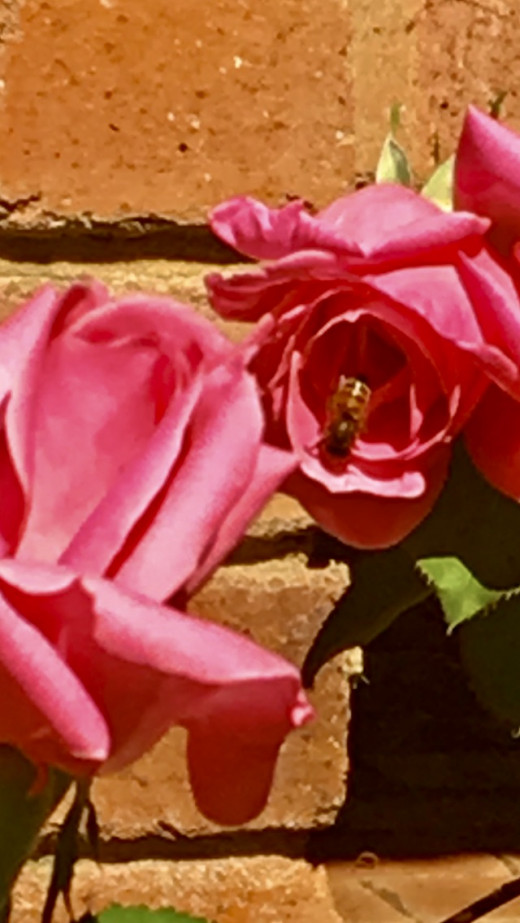
The lady inside advised me in perfect English to concentrate on the main shopping street with 'Guci' and 'Armani' and buy myself a nice present.
One of my religious sisters wanted to visit a church but they were all shut tight. A priest just returning, informed her that they have to protect the decorations inside because the dirty refugees think that the church is their sleeping quarters these days.
“Shouldn’t the church help all in need?” I asked him in my language, because he was originally from across the border.
“No church would help terrorists. Even God would not!”
“How do you know they are terrorists? All I have seen are poor families running from the war in Syria and walking barefoot across Turkey and all southern Europe to protect their children from bombs. Would you not do the same as them, Father?”
“They come from Syria and they are all Muslims!” The priest spat savagely in my face.
My sister apologised to the priest that I had upset him. I refused to talk to her after that.
Our weekend in Budapest was strained after that. The girls went to shopping malls in Budapest as clothes were cheaper there than in their homeland across the border. I stayed in the flat talking to my refugee family and feeding them from our provisions. The home made sausages, they did not touch. It was pork, after all.
Their English was broken and they did not talk much - just repeating that their families are still back home in Syria and they don’t know if they are alive. They took their Laila out because she had stopped receiving her medical treatment once the war came to their city and their hospital was bombed. She has a blood disorder and needs treatment to survive. The father was a historical professor in his ancient city of Allepo. He cried when remembering his civilization as one of the first on this earth - now ruined. Damaged beyond repair. His people too, and no one knows why.
My sisters did not notice the presence of the refugees as they spent both days out shopping. They only remarked that I was eating a lot these days. At one time, they were scared that there was a mouse in the apartment when they heard some noises from the locked room.
I knew that tomorrow we were leaving Budapest. I was taking the bus to Vienna, and going from there to Germany to see my cousin before I went home to Australia. My sisters in law were returning to their village across the border.
On the last day, I went shopping with my sisters and bought clothes for a girl aged 10. Presents for home I replied, when my sisters enquired.
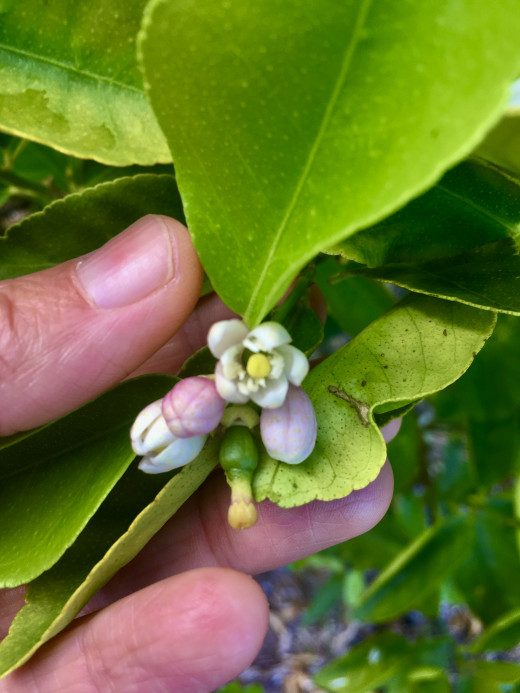
They knew that I couldn't smuggle them all.
I had an old European passport with my youngest child still mentioned in it. It was the only way.
Once washed and dressed, Laila looked like any Hungarian girl on the street. The next morning, we locked and cleaned the apartment and packed everything back in the car. I told my sisters to wait. I rushed back to unlock Laila from her room and brought her to the car with me.
I told my sisters not to ask anything. It is not their problem. They don't see anything. All they have to do is to give us a lift to the bus station and provide us with some food for the road. Laila sat squashed between me and one of my sisters, who eyed her suspiciously. Laila did not look up once. We were relieved at the end, after we passed the police van in the busy intersection. It was full of refugees. Laila’s parents sat there too, but they did not see us.
The sister who was driving, translated to us from the radio that refugees were packed into trains and headed back to the border.
At the bus station, those displaced families who were lucky enough to have some money left to bribe officials, waited for the bus to Germany. I asked my sisters to buy us tickets, one adult and one child. No one asked anything. I showed both of my passports - Australian and European - to the driver as we hopped on the bus. He informed us that there would be a check at the border, as refugees are not permitted to cross.
Laila was quiet, mostly staring into space or sleeping. She seemed weak and obviously sad. She looked very pale. I was worried in case she got sick. I was not a citizen here and travelling on my own overseas health insurance. I stopped worrying about myself. She had lost her parents but I think that she trusted me. She squeezed my hand from time to time. She knew basic English which helped, as the majority of the older Hungarians on the bus didn't speak it. We sounded English to them. I put on some cartoons for her on the screen in the bus. She watched obediently, sipping the tea that I offered her and biting a little finger food. She vomited a little so I stop feeding her.
We crossed to Vienna without any problem.
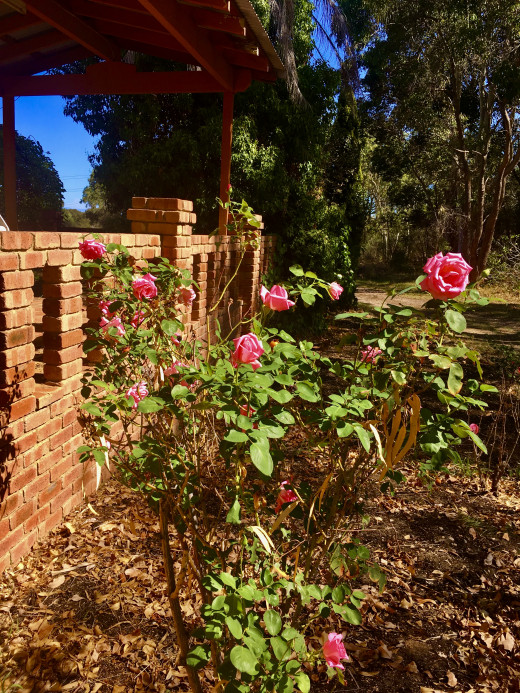
Again there was only a passport check by the driver. I had contacted my cousin in Germany to pick us up and was unsure of what to do next.
I had only two days in Munich before returning to Australia. There was no way I could get Laila onto a plane.
We talked long and seriously in her little flat in the Munich suburb of Eichenau, where she lived with her 10 year old son. He told us that Laila should go to school with him but my cousin looked worried. This is Germany. She has to be identified and reported. She could not hide her for long.
The next day, we went to the Refugee centre in Munich. To my delight, the Germans’ dealing with refugees was warm and human. Laila tightly held a teddy bear that a passerby gave to her on hearing that she was a Syrian girl displaced by the war.
We were informed that, as she has no family or relatives, Laila would be put in an orphanage for Syrian refugee children. She would be medically examined first and identified. She has a medical issue with her blood and needs treatment. My cousin squeezed my hand. She would visit her with Jakub every weekend and check on her, she promised.
We had to leave Laila behind. I felt very sad. I hugged her one last time. She stood there - sad, tiny and misplaced, not knowing or understanding what she had done wrong. Why she was treated, with her parents, the way they were treated in Hungary.
The kind lady in the refugee centre brought in a Syrian translator who asked Laila to identify herself and she said: “I am no one. I don’t belong here. I don’t belong anywhere. I don’t deserve to live.”
We looked at each other horrified. The translator sighed in English: “This is what these kids hear when trying to cross borders to reach safety. This is how refugees are treated in today's world. As children of refugees, they understand more than we do and they never forget. But can they ever forgive?”
I took Laila’s hands into mine and I pressed them against my heart: “You have a home now. You are German like my cousin here. You are Leila from Eichenau.”
“Laila from Eichenau,” she repeated after me in English, smiling weakly.
“Come on, Laila from Eichenau. We will make a proper German girl of you here. You will study to become whoever you wish to be.”
“I will become a doctor to help all children who are like me, “ she said in English quietly, waving to me before she disappeared into the orphanage.
When we got back home, there was an announcement on the radio about the Hungarian mistreatment of refugees.

“Laila’s parents were on that train,” I said to my cousin quietly.
“If not for you, Laila would have been on that train too.”
“I hope that she will thrive there.”
For the past five years, my cousin has visited Laila every weekend. Even taking her home to Eichenau to play with Jakub and helping each other with their homework.
Laila was thriving at school, learning German and English and getting her treatment regularly. Her blood disorder now under control. She did not talk about Syria at all. Only about her parents. She asked if they could come to Germany, but my cousin hadn't the heart to tell her that they are probably dead.
Laila was one of the first cases of a child's death from COVID-19.

She was not identified as one of the German casualties.
She was still a refugee, an unknown girl whose death no one mourned except for me and my cousin and her son Jakub, who loved Laila to help with his homework - she was so much smarter than him.

